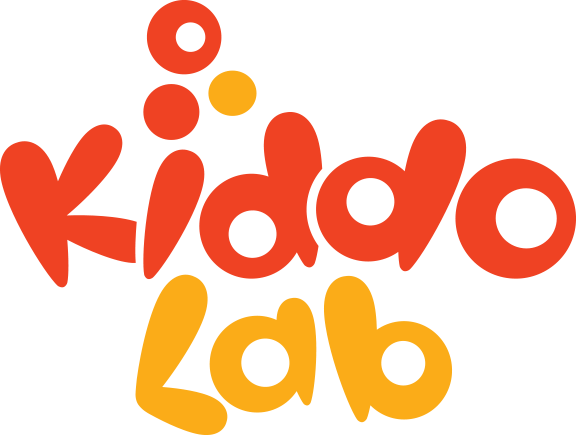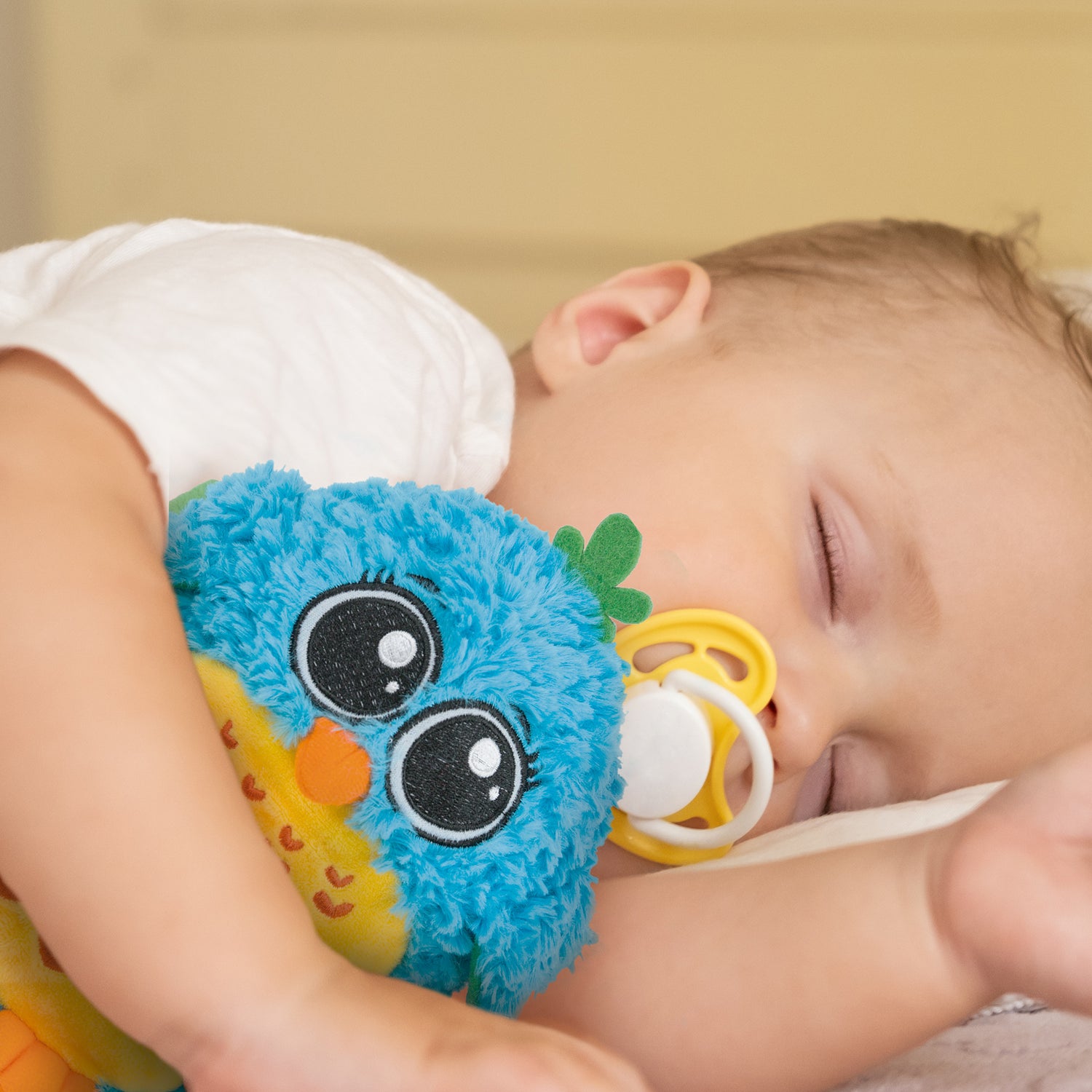Power of Music in Child Development
Music is not just a source of entertainment; it's a vibrant tool for growth and learning, especially in young children. This article explores why real musical instruments, as opposed to generic toys, play a pivotal role in the cognitive and emotional development of toddlers. Incorporating insights from child development experts and aligning with Kiddolab's philosophy of interactive and educational play, we'll delve into how real instruments can enhance a child's early learning experience.
The Benefits of Real Musical Instruments for Toddlers Understanding the Impact: A Developmental Perspective

Music is a universal language that speaks to the hearts and minds of all, particularly young children. Introducing real instruments at a young age can have a profound impact on their development.
- Enhanced Cognitive Skills: Studies show that early exposure to music and musical instruments can significantly boost cognitive skills in children. This includes improvements in memory, attention, and even mathematical abilities.
- Fine Motor Skill Development: Playing real instruments, like a small drum or a simple keyboard, helps in the refinement of fine motor skills. This physical interaction is essential for developing coordination and dexterity.
- Emotional and Social Growth: Music is deeply connected to emotions. Playing and understanding music allows children to express themselves, fostering emotional intelligence. Moreover, music can be a social activity, encouraging cooperation and communication with others.
Incorporating Kiddolab’s Real Instrument Toys
Kiddolab offers a range of toys that mimic real musical instruments, perfectly sized for little hands. These are not just toys; they are tools for learning and development.
- Musical Piano Toy: This toy offers a realistic experience, with keys that produce genuine notes, encouraging children to explore melodies and rhythms.
- Baby Rocker Musical: With realistic drum sounds, it’s perfect for developing rhythm and coordination while having fun.
Sensory Stimulation and Learning with Music The Role of Sensory Play in Development
Engaging the senses is crucial in the early stages of child development. Real musical instruments are powerful tools for sensory stimulation, offering tactile, auditory, and visual experiences.
- Tactile Experience: Handling instruments like the Kiddolab’s Mini Musician Keyboard or Junior Drum Set allows children to feel different textures and understand the cause-and-effect relationship between action and sound.
- Auditory Learning: The distinct sounds produced by real instruments help in auditory development and can aid in language learning and listening skills.
- Visual Stimulation: Bright colors and varying shapes of real musical instruments are visually stimulating, which is essential for visual development and recognition skills.
Activities with Kiddolab’s Musical Toys

Let’s explore some activities that combine the joy of music with learning, using Kiddolab’s toys:
- Rhythm and Beat Exploration: Use Kiddolab’s Baby Rocker Musical to teach basic rhythms. Encourage your child to replicate simple beats, enhancing their auditory discrimination and motor coordination.
- Melody Matching Game: With Kiddolab’s Musical Piano Toy, play a simple melody and ask your child to repeat it. This activity boosts memory and musical understanding.
Emotional Expression and Communication through Music
Music as a Medium for Emotional Development
Music is a powerful medium for expressing emotions and thoughts. For young children, playing with real instruments can become a way to communicate feelings and experiences.
- Self-Expression: Instruments provide a non-verbal mode of expression, allowing children to convey emotions they might not yet have the words for.
- Empathy and Understanding: Listening to and creating different types of music can foster empathy, as children learn to associate sounds and rhythms with various emotions.
Utilizing Kiddolab’s Instruments in Emotional Learning
Kiddolab’s musical toys can be used to create activities that focus on emotional development:

- Musical Piano Toy: Ask your child to create music that matches different emotions using Kiddolab’s instruments. This helps them understand and express feelings like happiness, sadness, or excitement.
- Baby Rocker Musical : Create a story together and use the instruments to add musical elements. This encourages creativity and emotional narrative skills.
Cultivating Creativity and Imagination Through Music Encouraging Creative Thinking with Instruments
The process of making music with real instruments is inherently creative. For children, this not only means fun but also a significant opportunity to develop their creative and imaginative skills.
- Freedom of Expression: Real instruments like those in Kiddolab’s range give children the freedom to create their own tunes, fostering original thinking and creativity.
- Imagination in Play: Encouraging children to create stories or scenarios around the music they play stimulates their imagination and storytelling abilities.
Innovative Play with Kiddolab’s Musical Toys
Here’s how Kiddolab’s toys can be integrated into creative musical activities:
- Musical Piano Toy : Use the Kiddolab’s Musical Piano Toy to create background music for a story. Let your child decide the mood and pace of the music to match the narrative.
- Baby Rocker Musical : Organize a playful jam session with Kiddolab’s Baby Rocker Musical, encouraging your child to experiment with different rhythms and sounds, inspiring creativity and spontaneity.
Music and Academic Skills: A Harmonious Connection Linking Music to Educational Growth
The benefits of music in early childhood extend into academic areas.
Research has shown that engaging with music can enhance various academic skills, including literacy and numeracy.
- Math Skills: Understanding rhythm and beat helps develop an understanding of counting and patterns, fundamental concepts in math.
- Literacy Skills: Musical activities, especially those involving lyrics or rhythm, can improve language skills, phonemic awareness, and vocabulary.
Educational Activities with Kiddolab’s Instruments
- Counting Beats: Use the drum from Kiddolab’s Baby Rocker Musical to teach counting through rhythm. Each beat can represent a number, making counting a musical and fun activity.
- Alphabet Songs: Utilize the Musical Piano Toy to play tunes while singing the alphabet or simple phonics songs, enhancing language and literacy skills in a musical way.
Social Skills and Teamwork Through Musical Interaction Fostering Social
Development with Group Music Activities
Music is not just a solo activity; it's a communal experience. Engaging children in group musical activities can significantly enhance their social skills and ability to work as part of a team.
- Cooperative Play: Group music activities, like forming a small band or choir, teach children about cooperation, listening to others, and harmonizing in a group setting.
- Social Interaction: Sharing musical experiences with peers can boost confidence, empathy, and communication skills.
Bringing It All Together: The Symphony of Learning and Play Recap of the Benefits of Real Musical Instruments
In this article, we've explored the diverse benefits of real musical instruments for young children’s development:
- Cognitive and Sensory Development: Instruments engage multiple senses and enhance cognitive skills.
- Emotional and Social Growth: Music provides a medium for emotional expression and fosters social skills.
- Creativity and Academic Enhancement: Playing instruments stimulates creativity and supports academic learning in areas like math and literacy.
Highlighting Kiddolab’s Educational Musical Toys
Kiddolab’s range of musical toys, designed with the development of young children in mind, encapsulates all these benefits. These toys are not only fun but also serve as foundational tools for lifelong learning and development.
Encourage your child's development through the power of music with Kiddolab’s educational toys.
Visit our Amazon store today to explore our range of musical instruments designed for young minds. Let your child's musical journey begin with Kiddolab – where play and learning harmonize beautifully!


